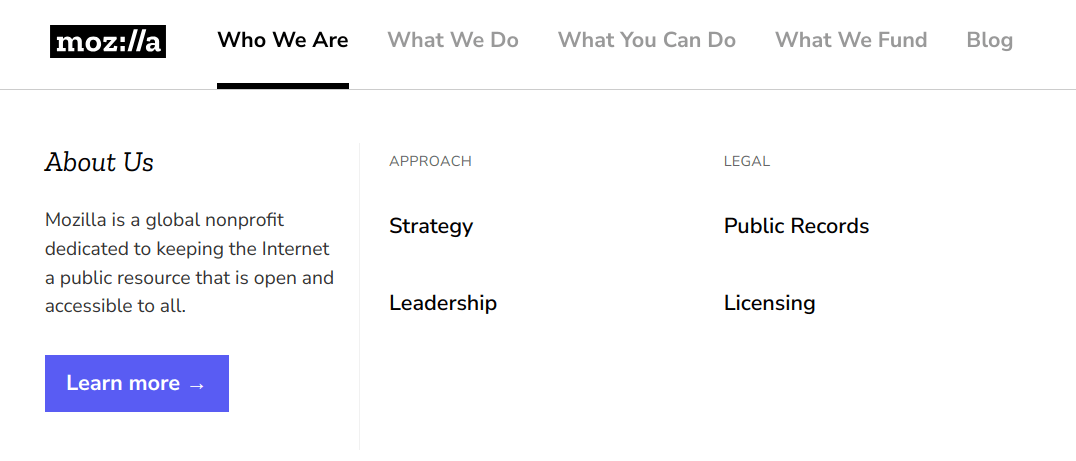The Mozilla Foundation, the nonprofit that oversees projects, owns trademarks and sets policy for Mozilla (the developer of the Firefox browser), has announced it is laying off 30% of its staff as part of a reorganization that is needed to address the inevitable onslaught of change in the world of technology and an increasingly radical perception of the idea of putting people before profits.
Advertisеment

To increase flexibility and adapt to changes in the organization's structure, the Mozilla Foundation has decided to wind down some projects and focus on future-oriented goals.
The Mozilla Foundation is eliminating its Mozilla Advocacy division, which focused on global programs and advocacy for a free and open Web. The division's primary work focused on supporting privacy education, promoting inclusion, literacy, and advocacy for ideas that contribute to a healthy global environment, in line with the principles outlined in the Mozilla Manifesto.
The Mozilla Foundation believes that protecting the interests of users and maintaining an open, global, and universally accessible Web is a core mission of the organization, but that fulfilling this mission effectively requires significant internal reorganization and a rethinking of the communication model. For example, instead of separate departments, mission-related tasks will now be addressed through core work processes.
According to unofficial data, the Mozilla Foundation employed about 120 people. About 40 people will be laid off. This is the second wave of layoffs this year. In February, 60 employees of Mozilla Corporation, the company that develops the Firefox browser and is a controlled subsidiary of the Mozilla Foundation that carries out commercial activities, were laid off. At the same time, Mozilla Corporation reduced investments in a number of its projects.
A Mozilla representative explained that with those changes, the company intends to shift the priority of resource allocation to products such as Firefox Mobile, where there are significant opportunities for growth and the creation of a better model for the industry.
Support us
Winaero greatly relies on your support. You can help the site keep bringing you interesting and useful content and software by using these options:

We will soon not have a free internet. Everything is owned by big tech, and AI everywhere, so we can’t trust what we read anymore. Our countries decide what we can write and so on!
I don’t like the internet of the future! :(
We already don’t have a free Internet in place where I live.
I guess what he meant was free as in unmonitored. :)
This is exactly what I meant here. In my country, the Internet is full of tracking and censorship